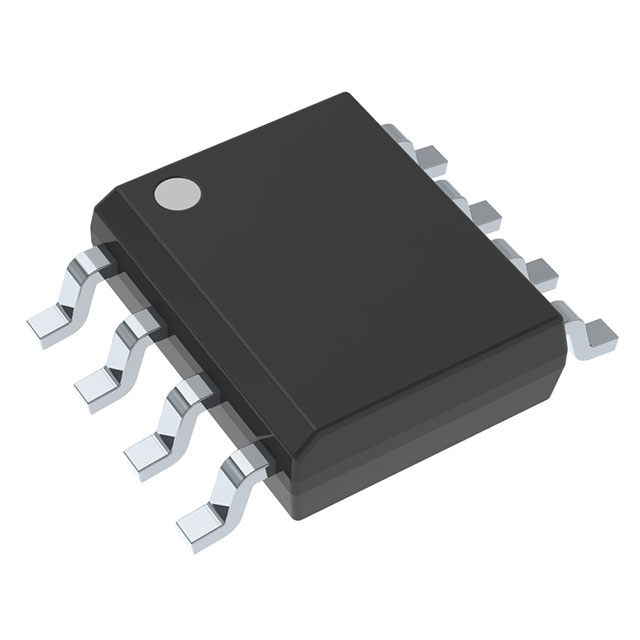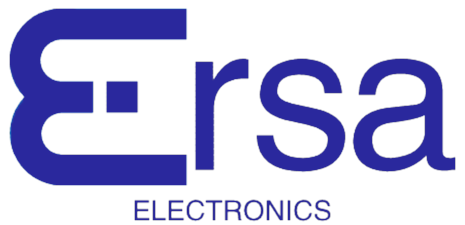

Texas Instruments
TLV3701CD
Linear Comparators




.png?x-oss-process=image/format,webp/resize,p_30)


TLV3701CD Description
TLV3701CD Description
The TLV3701CD is a general-purpose comparator from Texas Instruments, designed for a wide range of applications requiring high performance and reliability. This comparator is housed in an 8-pin SOIC package, making it suitable for surface-mount applications. It operates within a supply voltage range of 2.5V to 16V for single supply and ±1.25V to ±8V for dual supply, ensuring flexibility in various power configurations.
Key technical specifications include a common-mode rejection ratio (CMRR) of 88dB and a power supply rejection ratio (PSRR) of 105dB, which are critical for maintaining signal integrity in noisy environments. The TLV3701CD also boasts a low quiescent current of 1µA, making it highly energy-efficient, and a low input bias current of 250pA @ 15V, which minimizes the loading effect on the input signal source. The input offset voltage is limited to 5mV @ 15V, ensuring accurate comparisons.
TLV3701CD Features
- High CMRR and PSRR: With 88dB CMRR and 105dB PSRR, the TLV3701CD effectively rejects common-mode and power supply noise, ensuring precise signal comparison even in noisy environments.
- Low Quiescent Current: The maximum quiescent current of 1µA makes the TLV3701CD highly energy-efficient, ideal for battery-powered and low-power applications.
- Wide Operating Voltage Range: The comparator operates from 2.5V to 16V for single supply and ±1.25V to ±8V for dual supply, providing flexibility in power supply options.
- Low Input Bias Current: At 250pA @ 15V, the low input bias current minimizes the loading effect on the input signal source, preserving signal integrity.
- Low Input Offset Voltage: The maximum input offset voltage of 5mV @ 15V ensures accurate comparisons, making the TLV3701CD suitable for precision applications.
- Surface-Mount Package: The 8-pin SOIC package is ideal for surface-mount assembly, offering a compact and reliable solution for modern electronic designs.
- Moisture Sensitivity Level 1: The MSL 1 (Unlimited) rating ensures the TLV3701CD is suitable for a wide range of manufacturing environments without the need for special handling precautions.
- Operating Temperature Range: The TLV3701CD operates reliably within a temperature range of 0°C to 70°C, making it suitable for a variety of industrial and consumer applications.
TLV3701CD Applications
The TLV3701CD is versatile and can be used in a variety of applications due to its high performance and flexibility. Some specific use cases include:
- Battery Management Systems: The low quiescent current and wide operating voltage range make the TLV3701CD ideal for monitoring battery levels and ensuring efficient power management.
- Signal Processing: The high CMRR and PSRR ensure accurate signal comparison in noisy environments, making it suitable for signal processing applications such as analog-to-digital converters and sensor interfaces.
- Consumer Electronics: The compact 8-pin SOIC package and low power consumption make the TLV3701CD suitable for consumer electronics where space and power efficiency are critical.
- Industrial Control Systems: The wide operating temperature range and high reliability make the TLV3701CD suitable for industrial control systems, where precise signal comparison is required.
- Medical Devices: The low input bias current and low input offset voltage ensure accurate signal processing, making the TLV3701CD suitable for medical devices where precision is paramount.
Conclusion of TLV3701CD
The TLV3701CD from Texas Instruments is a high-performance general-purpose comparator that offers a combination of low power consumption, high noise rejection, and wide operating voltage range. Its low quiescent current and low input bias current make it an ideal choice for battery-powered and low-power applications, while its high CMRR and PSRR ensure accurate signal comparison in noisy environments. The compact 8-pin SOIC package and wide operating temperature range further enhance its versatility, making it suitable for a wide range of industrial, consumer, and medical applications. The TLV3701CD's unique features and advantages over similar models make it a reliable and efficient choice for designers seeking a robust comparator solution.
Tech Specifications
TLV3701CD Documents
Download datasheets and manufacturer documentation for TLV3701CD
 TLV3701/02/04
TLV3701/02/04  Mult Dev EOL 7/Sep/2023
Mult Dev EOL 7/Sep/2023  TLV3701/02/04
TLV3701/02/04 Shopping Guide



























.png?x-oss-process=image/format,webp/resize,h_32)










